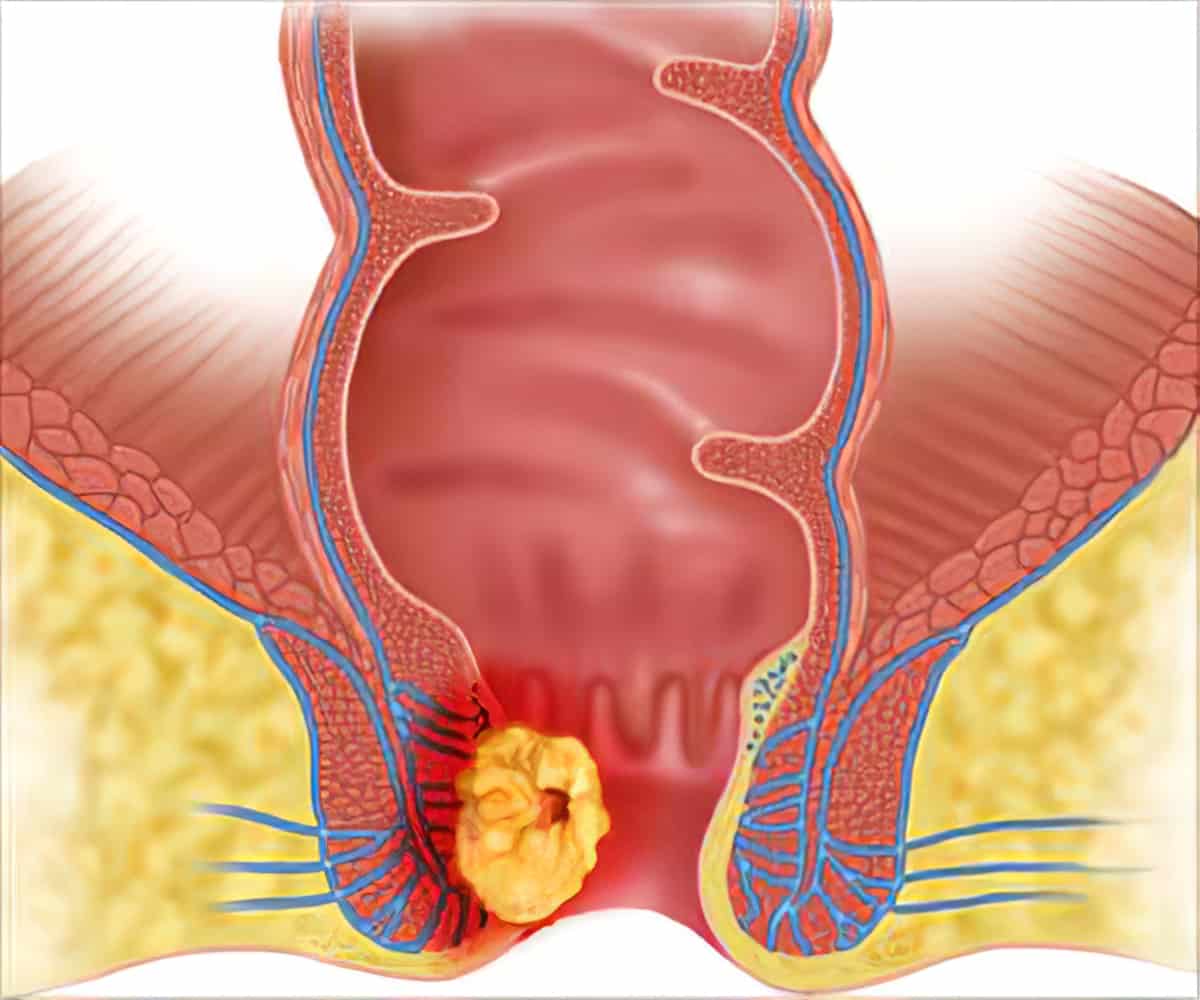Anal cancer
Définition
 Anal cancer is a rare type of cancer that occurs in the anal canal. The anal canal is a short tube at the end of your rectum through which stool leaves your body.
Anal cancer is a rare type of cancer that occurs in the anal canal. The anal canal is a short tube at the end of your rectum through which stool leaves your body.
Anal cancer can cause signs and symptoms such as rectal bleeding and anal pain.
Most people with anal cancer are treated with a combination of chemotherapy and radiation therapy. Although combining anal cancer treatments increases the chances of a cure, combined treatments also increase the risk of side effects.
Symptoms
Signs and symptoms of anal cancer include:
Bleeding from the anus or rectum.
Pain in the area of the anus.
A mass or growth in the anal canal.
Anal itching.
Causes
Anal cancer forms when a genetic mutation transforms normal, healthy cells into abnormal cells. Healthy cells grow and multiply at a set rate, eventually dying at some point. Abnormal cells grow and multiply out of control, and they don't die. Abnormal cells that accumulate form a mass (tumor). Cancer cells invade nearby tissues and can separate from an initial tumor to spread elsewhere in the body (metastases).
Anal cancer is closely linked to a sexually transmitted infection called human papillomavirus (HPV). Evidence of HPV is detected in the majority of anal cancers. HPV is thought to be the most common cause of anal cancers.
Risk factors
Several factors have been found to increase the risk of anal cancer, including:
Older Age. Most cases of anal cancer occur in people aged 50 and over.
Many sexual partners. People who have many sexual partners in their lifetime are at greater risk of anal cancer.
Anal Sex. People who have receptive anal sex are at increased risk of anal cancer.
Smoking. Smoking cigarettes can increase your risk of anal cancer.
History of cancer. Those who have had cancer of the cervix, vulva or vagina have an increased risk of anal cancer.
Human Papillomavirus (HPV). HPV infection increases your risk of several cancers, including anal cancer and cervical cancer. HPV infection is a sexually transmitted infection that can also cause genital warts.
Drugs or conditions that suppress your immune system. People who take drugs to suppress their immune system (immunosuppressive drugs), including people who have had organ transplants, may have an increased risk of anal cancer. HIV - the virus that causes AIDS - suppresses the immune system and increases the risk of anal cancer.
Complications
Anal cancer rarely spreads (metastasizes) to distant parts of the body. Only a small percentage of tumors have spread, but those that do are particularly difficult to treat. Anal cancer that metastasizes most often spreads to the liver and lungs.
Prevention
There is no sure way to prevent anal cancer. To reduce your risk of anal cancer:
Practice safe sex. Practicing safer sex can help prevent HPV and HIV, two sexually transmitted viruses that can increase your risk of anal cancer. If you choose to have anal sex, use condoms.
Get your HPV shot. A vaccine to protect against HPV infection is available. It is recommended for adolescents, boys and girls, but can also be given to adults.
Quit Smoking. Smoking increases your risk of anal cancer. Don't start smoking. Quit if you currently smoke.